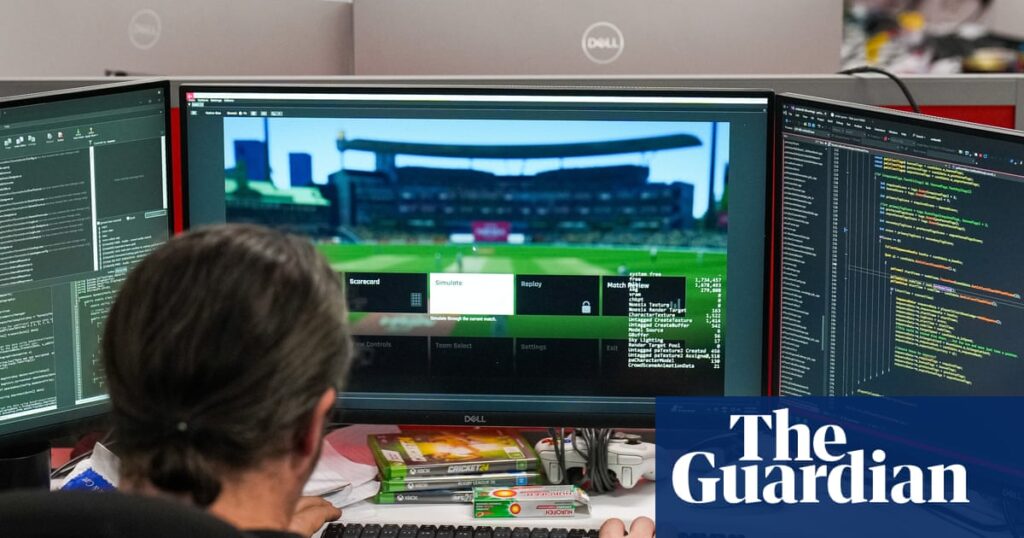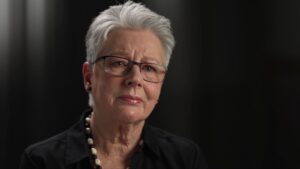
The perception that video games are mere trivial pursuits is being challenged as Australia’s gaming industry receives a significant boost. According to Ross Symons, CEO of Big Ant Studios, video games have played a crucial role in connecting people, especially during the isolation experienced in the COVID-19 pandemic. “One thing that struck me during COVID is that games were the way that people connected and stayed together,” Symons remarked.
This shift in perspective is timely, as the Australian government introduces the digital games tax offset (DGTO) in 2023. This initiative allows developers creating or porting games in Australia to claim a 30% refundable income tax offset, applicable to companies with at least $500,000 in qualifying Australian development expenditure, capped at $20 million per company. The move aims to level the playing field with other developed countries that already offer similar incentives.
Economic Impact and Industry Growth
In the past year alone, Australians spent $3.8 billion on video games, according to the Interactive Games and Entertainment Association (IGEA). Although the sector remains modest compared to major game development nations like Canada, the tide is turning. Ron Curry, CEO of the IGEA, notes that employment in the gaming industry has nearly doubled from about 1,300 employees in 2020-21 to 2,465 full-time workers in 2023-24. Revenue has also seen a significant increase, reaching $339.1 million in the financial year of 2023-24.
“That shows an almost 100% increase in employment and revenue has grown about 85%,” Curry highlights, emphasizing the transformative impact of the DGTO.
The DGTO has not only attracted international developers but has also fostered local talent. Curry explains, “Australia was a very expensive place to make games – we were the only developed country without any sort of rebate or offset. So it fixed that, so it brought us back in line with other developed countries.”
Interstate Competition and International Interest
Serge Zebian, a partner at Playwright Consulting, observes that the tax offset has significantly influenced hiring practices within Australia. “We’re making all the international studios aware of it, and some already are just from existing relationships with Australian vendors,” Zebian states. He notes that many international studios are now considering Australia as a viable location for development.
Interstate competition has also intensified, with Queensland offering an additional 15% rebate on top of the federal government’s 30%, and Victoria providing a 10% or 15% rebate depending on shareholding. This has led to a migration of independent game studios to Queensland, seeking more favorable financial conditions.
French developer Gameloft, which opened its Brisbane studio in 2014, has experienced significant growth. Manea Castet, the studio head, shares that the team has expanded from 55 employees two years ago to 217 today, allowing them to work on multiple projects simultaneously.
Challenges and Future Prospects
Despite the positive developments, the industry faces challenges. Big Ant Studios, for instance, encountered issues with their Rugby League 26 game release, including bugs and server errors. Symons attributes these problems to tight deadlines and last-minute changes. “We were forced to make a hell of a lot of change in the game, 1,200 changes in the week before we released,” he explains.
The demand for skilled workers is another hurdle, as game development skills are highly sought after by other industries, including artificial intelligence. Ron Curry emphasizes the need for secure jobs, competitive salaries, and an immigration system that attracts senior talent to sustain growth. “If you want to get a developer into Canada, you can do it in as little as two weeks through their system. We know people have taken up two years and beyond to get into Australia,” he points out.
“That just doesn’t work when you’re in a field that’s quickly moving,” Curry concludes, highlighting the urgency for policy adjustments to keep pace with global industry trends.
As Australia continues to position itself as a competitive player in the global gaming industry, the combination of government incentives and an evolving market landscape suggests a promising future for developers and gamers alike.







